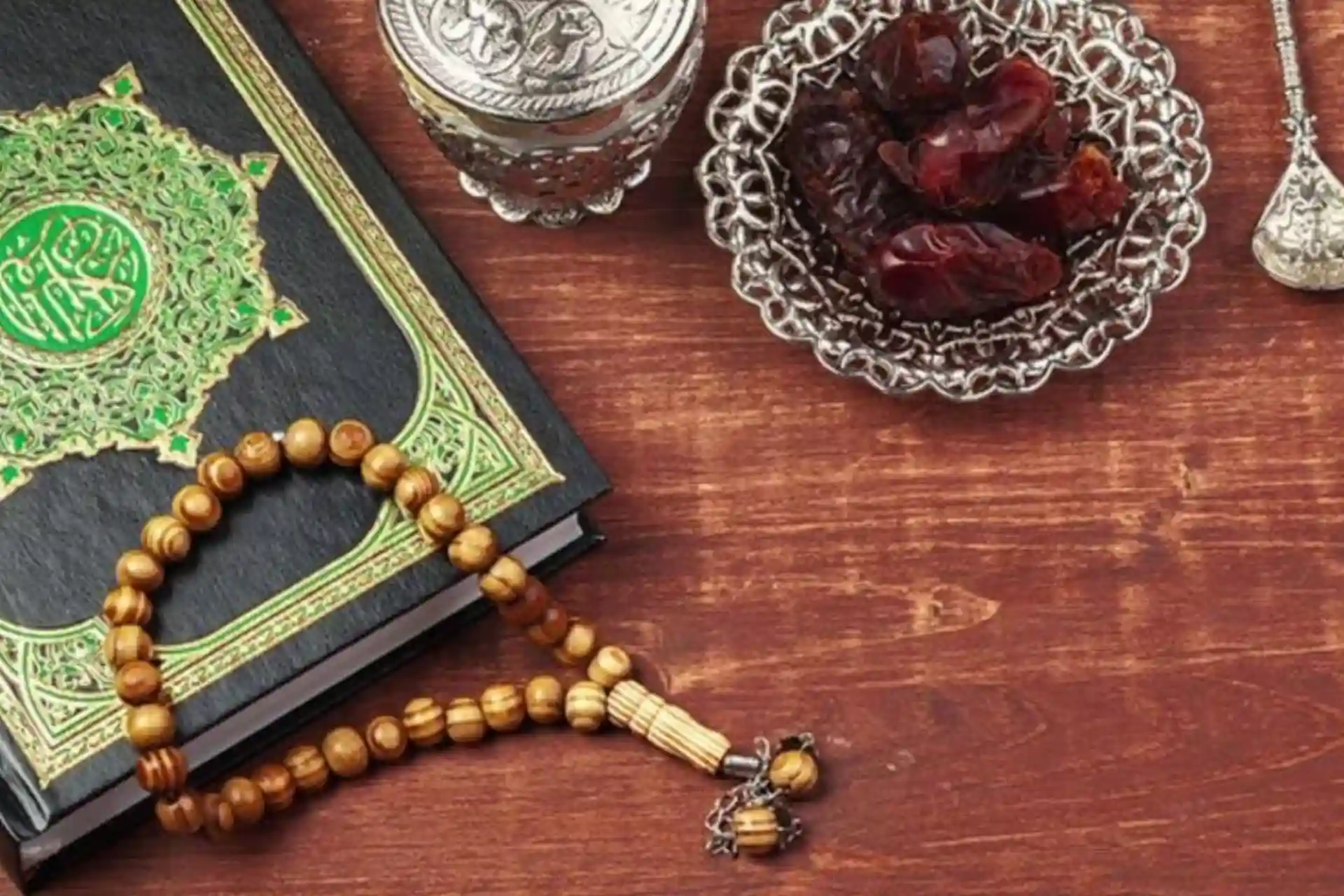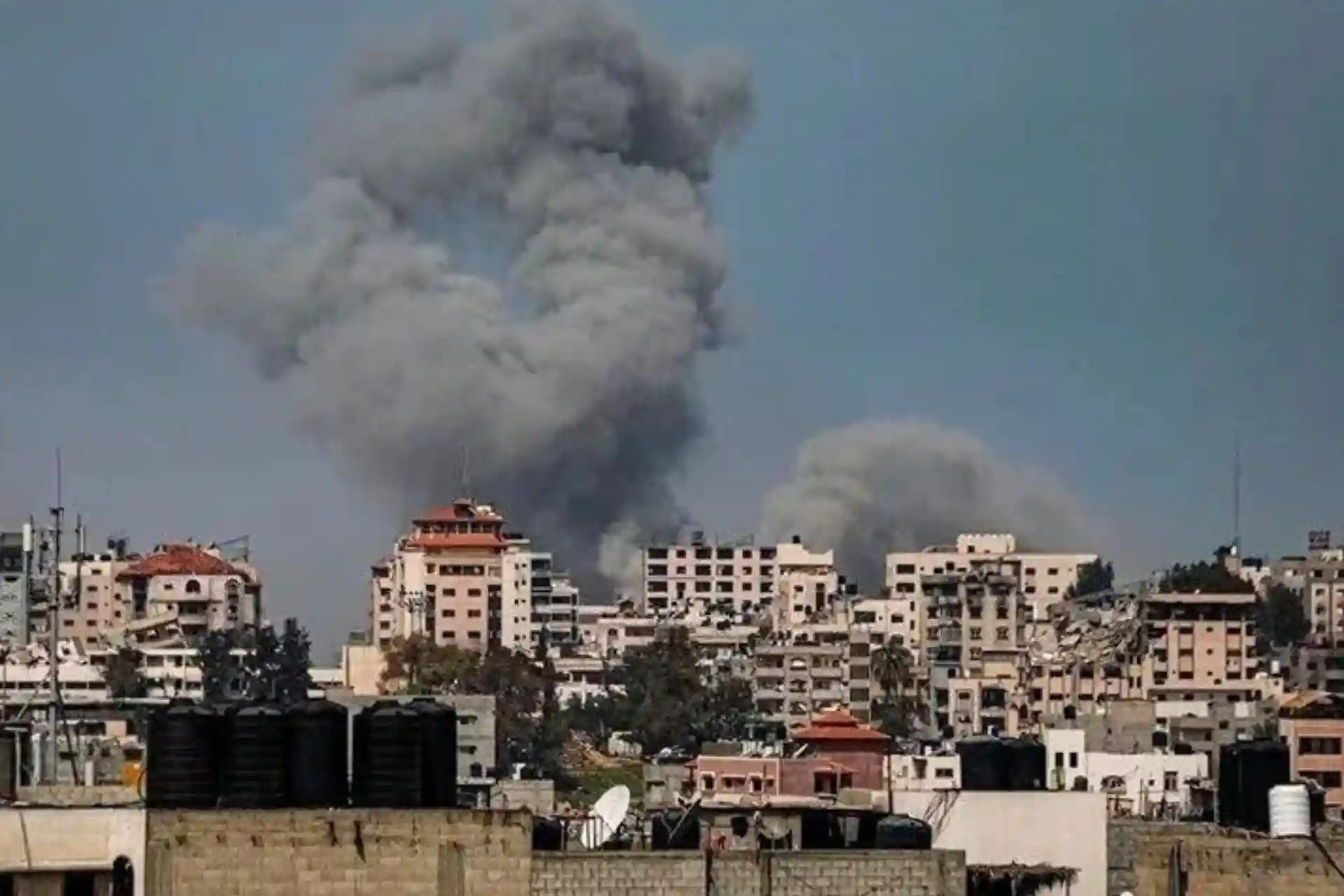Did we understand the essence of Ramadan?
When I was leaving the bakery after taking bread for Iftar, I heard a sad voice saying: "Give me a piece of bread." I looked in the direction from where the voice came from - a woman with her head down and the glue slipper on her feet was standing cold. My heart skipped a beat. The glue was burning my whole body like a taffeta fire emanating from the hot pot in the bag. I didn't know how to go back or forward...
One of our loved ones, a neighbor, a neighbor, a compatriot, or a stranger may be hungry, thirsty, lonely, sick, or in need of care. And we asked, "Is he still poor and needy?" we wonder. When we prepare a table, we pour the food without thinking about the waste, not thinking about the waste, without thinking about the sweet and sour, bitter and salty, thick liquid, useful and harmful. During the Iftar celebration, we participated in the kimozar competitions. Let's call him the snowballs. We use things to please God, such as breaking the fast and donating, to show off how long our hands are.
Sometimes we break the fast in famous nursing homes. A thoughtful person: haven't you thought about the fact that those who want to break the fast in front of everyone in the dining room and get the reward are allowing riya? (In these cases, even if men perform the evening prayer in the mosques around the workhouse, we are not silent about the fact that women's worship is qaza). Some people take pictures of iftar tables and post them on their personal pages on the Internet, collecting "likes" and gaining "fame"...
When I was a child, my mother used to put money in my hand and point to a beggar and say: "Give it to that grandfather. If he prays, tell your intentions and say "Amen". I was also alive. When I bragged to my father as if I had done something extraordinary, my mother said: "If you tell everyone that you gave charity, your intentions will not be answered." I did not brag to anyone that I gave money to such and such a beggar. There is no hypocrisy in the trust, sincerity, performance of childhood. However, as we grow up, our actions are weighted by "What will people say?!" we measure with the thought. The desire to please others, to show who we are, confuses our actions.
If only God's approval is our desire! I wish our deeds were done not for the praise of people, but for the blessing of the Lord! Helping those in need without telling anyone!
There are many people who buy a day's worth of medicine in hospitals, sell everything to treat their child and go into debt. Our nephew, who is a student studying on the basis of a payment contract, our brother, who has not closed the roof of his house for several years, and our sister, who is putting off treatment due to worries about her livelihood and children, live in front of us. The money spent on the breakfast and iftar table, which we lavishly write, can make their problem easier. And we are busy looking for the reward from far away and the snow from the dark.
In fact, to receive information about the condition of old, needy, lonely people, to sweep and clean their houses, and cheer them up with a spoonful of food; to meet the needs of widows who are unable to repair their homes with their small children; timely payment of electricity, natural gas, tax and other payments, compliance with the land-neighbor fee is also a merit. There are many people who cannot afford such payments and are short-handed. When a representative from the responsible agencies comes and knocks on the door, we rush to the "show". Helping such people and canceling their debt is actually a merit...
Looking at the patir, which was burning my hand like a taffeta fire, I thought: what I had just witnessed showed that I was not able to pay the salary of the blessed month. I am examining myself, thinking that I could not help the needy people as much as I could. What about you, dear contemporary, did you understand the essence of Ramadan?
Umida Adizova



